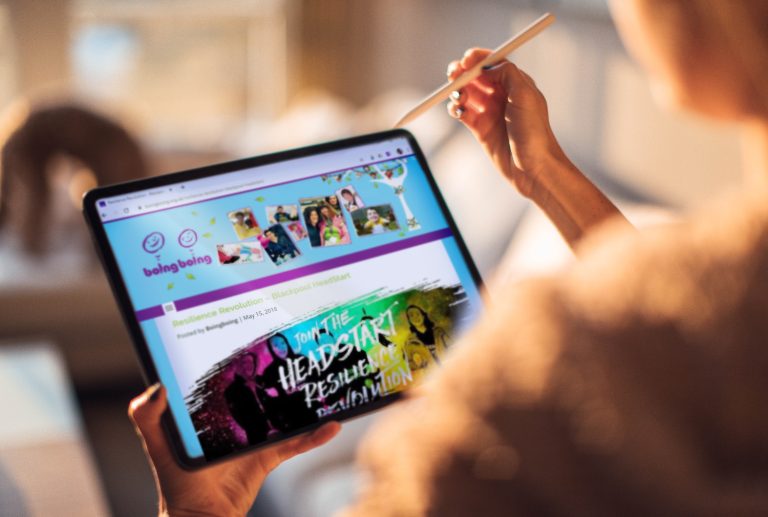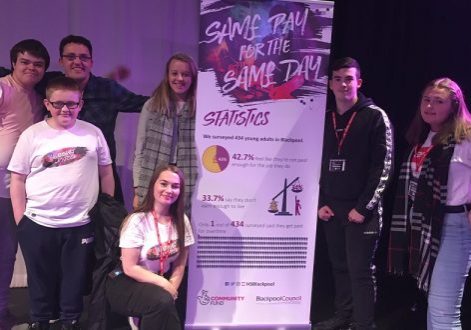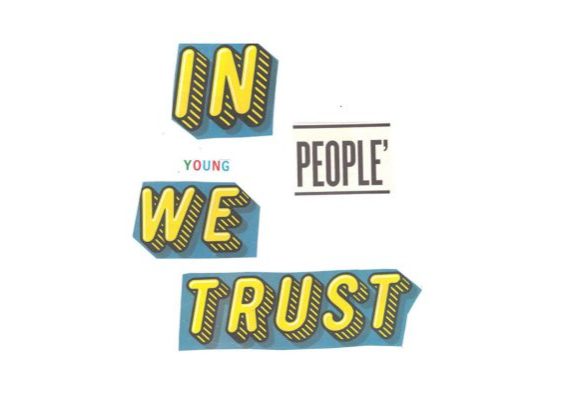A guest blog by Dr Amanda Taylor-Beswick about making ethically sound digital technology choices to become a digital odds changer and help challenge digital social injustice.
My moves to becoming a ‘Digital Odds Changer’

Related Resources

Same Pay for the Same Day campaign
The Same Pay for the Same Day Campaign – Resilience Revolution, HeadStart Blackpool Since October 2018 the Resilience Revolution’s Same Pay for the Same Day campaigners have been working on a campaign in Blackpool to raise awareness of the difference in wages that young people earn in their workplace compared with other colleagues, simply based … Read more

Creative activism during a pandemic: Creating zines focused on changing the odds
Throw together Fashion Communication students, a CRSJ PhD student, youth and adult co-leaders from the Resilience Revolution in Blackpool, craft materials, social justice inspiring publications and…. oh yeah, a Global Pandemic, and what do you get?
